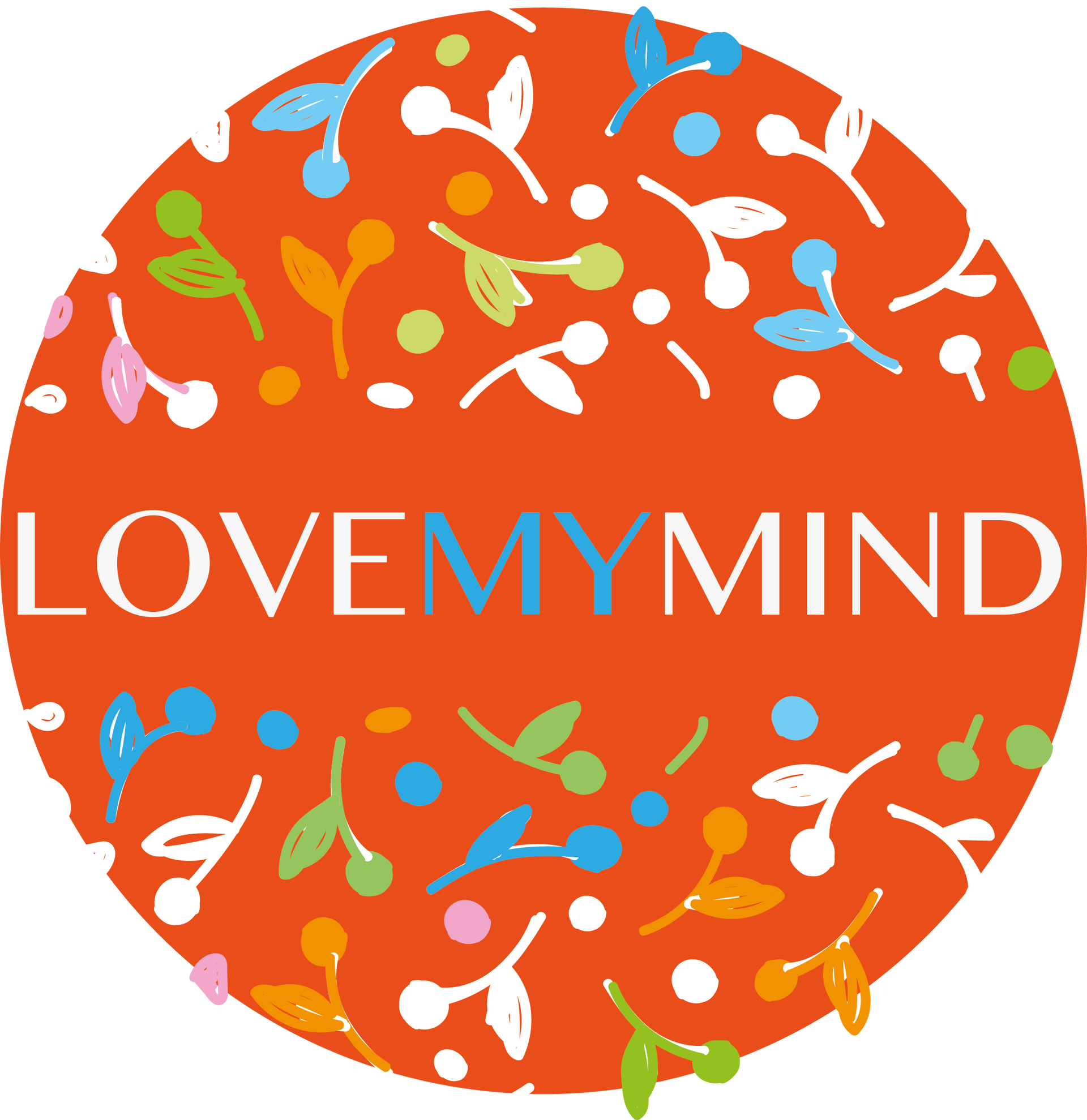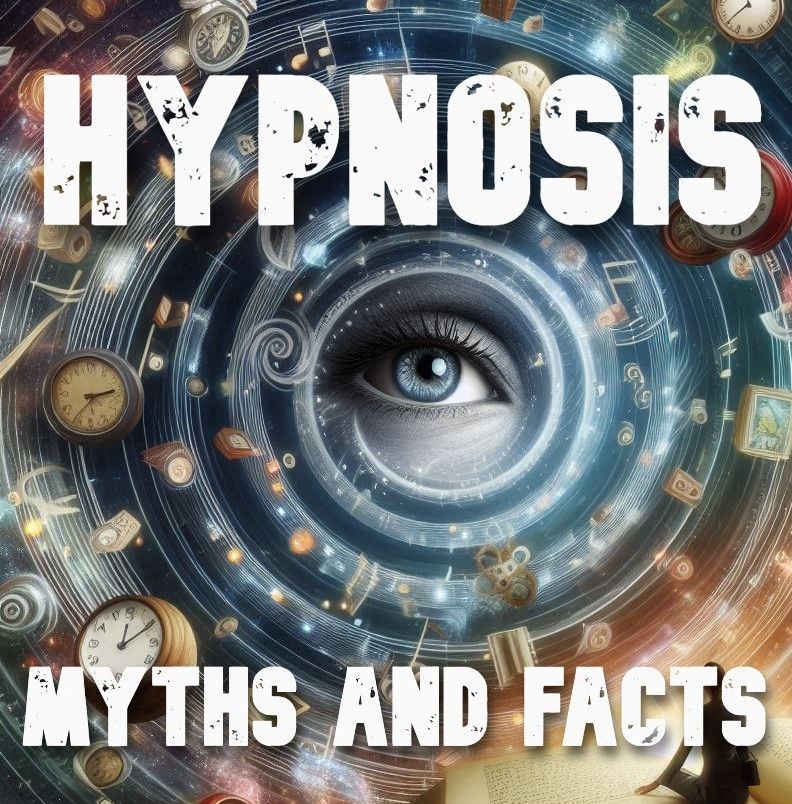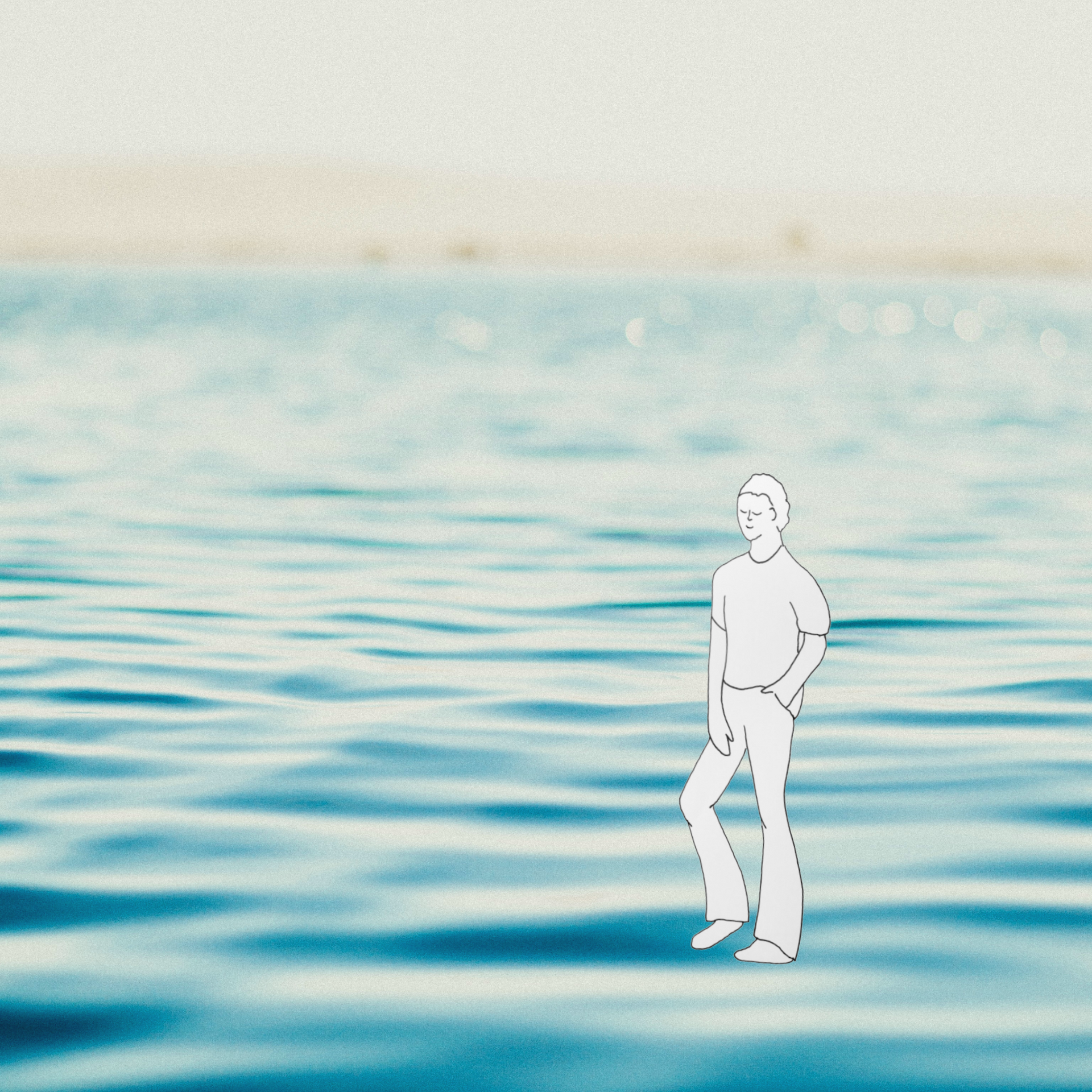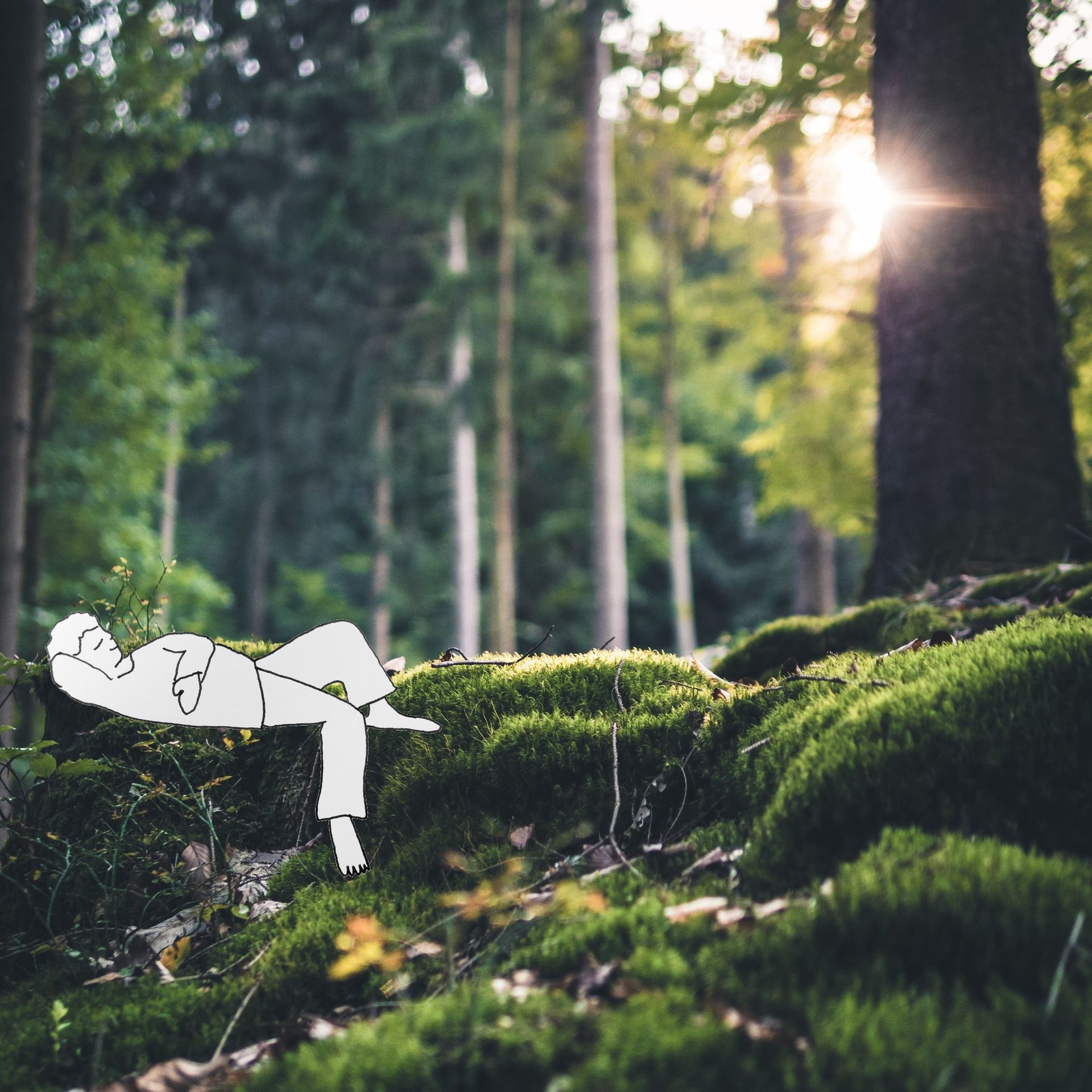How hypnotherapy can improve your intellectual thinking.
Discover how trance can make us all creative thinkers.

Ever wondered what happens in the brain when we are thinking creatively? When we are trying to solve a problem, we approach finding an answer using the ways which have been successful in the past. If a solution doesn’t appear straight away, we can get stuck in a thinking loop, working really hard to find the answer. This can feel really frustrating.
The brain doesn’t come up with its greatest ideas when under pressure. By going over and over the problem, it can feel anxious. When we feel anxious, this is a sign that we have moved into our protective part of the brain, the area that reacts if it senses danger. This part of our brain hasn’t evolved much since the days of living in caves and fending off tigers.When it feels we are under threat by anything, it will override the intellectual area of the brain, and get us ready to fight, flight or freeze. This isn’t very useful when we are trying to think creatively!
However, if our brains are allowed to daydream, they enter a default mode. If we were to look at the brain's activity during this default mode, we would see a huge amount of activity. When our mind’s drift gently, they are actually working really hard, processing all the information, pattern matching and coming up with solutions. This trance like state is nature’s way of allowing us to all be creative thinkers.
I’m sure you can relate to this as during the weekly shop, you suddenly worked out the crossword answer you were struggling with, or made a solid decision on what colour to paint the kitchen while cleaning your teeth.
By giving your brain time to daydream and doze, we are actually enabling ourselves to be brilliant problem solvers.


















